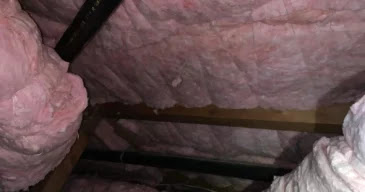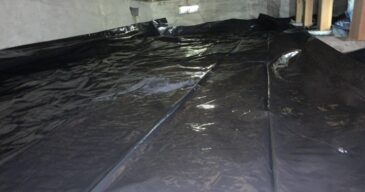Types of Duct Insulation
Your budget, the intended insulation area, and the kind of ducts you have will influence the kind of duct insulation Mount Vernon WA select. The four most typical materials for air duct insulation are as follows:
- Fiberglass insulation
with aluminum foil: Fiberglass is frequently used for HVAC ducts.
Flexible, tube-shaped ducting typically has fiberglass coatings, as a general
rule. The aluminum foil coating on this kind of insulation maintains the
fiberglass in place by reflecting light. Attics and other small,
difficult-to-access locations are where they are most helpful.
- Cross-linked
polyethylene insulation foam: Insulating ducts for exhaust ventilation and air
conditioning is frequently done with polyethylene. Use PE insulation for
exposed ducts instead of other types of insulation since it is weatherproof. PE
foam is rarely used to insulate covert ductwork because polyethylene insulation
is typically more expensive than fiberglass insulation.
- Rockwool insulation with
perforated metal sheet: Another fiberglass substitute with soundproofing
qualities is Rockwool. It is a fantastic material choice for insulating the
interior of ductwork because of its extreme durability. You can feel good
knowing that it's also a green alternative because it's constructed of recycled
materials.
- Fiberglass insulation with perforated aluminum foil: The noise can be significantly reduced using effective insulation material, such as duct liners. For efficient sound absorption, perforated foil is preferred over the solid foil. This kind of fiberglass makes your home more acoustically comfortable and is also very energy efficient, which means cheaper electricity costs. But it all depends on how well the ductwork and system are maintained.
Before selecting a batt insulation Burlington
WA, type, it is critical to comprehend all the advantages of
well-insulated air ducts.
Problems frequently arise with the
air moving through your ductwork, especially in the attic, which receives
little air conditioning. As a result, dust and other pollutants from your attic
enter open-air ducts, altering the air's temperature and quality.
●
Improved indoor air quality
●
More efficient HVAC system
● Having a quieter, odor-free environment
● Savings on energy
Your ducts’ crawlspace
insulation Sedro Woolley WA quality impacts your family’s health, the
quality of the air inside your home, and the lifespan of your HVAC system.
Therefore, be sure to have one that meets your wants.




Comments
Post a Comment